After 24 hours of programming, a Wayne State University team claimed first place at the seventh edition of GrizzHacks, excelling above dozens of engineering teams ready to experiment with the latest technology.
The engineering marathon is a 24-hour competition to create a project utilizing the latest technology. Networking opportunities, tech talks, food and even a duck hunt were integrated into the event to offer an immersive experience for participants.
“I really don’t think there’s a negative — other than health reasons for staying up late — to miss GrizzHacks,” Ben Braniff, computer science major, said. “You talk to really smart engineers, you do projects, get to see other people who are doing projects that you can interact with, and you have opportunities to get an internship.”
From the morning of March 22, until 3 p.m. on March 23, the duck-themed hackathon brought together around 170 participants, 40 more than last year, Bethany Goss, GrizzHacks secretary said.
This year’s ‘quackathon’ had four tracks — specific categories within the larger competition — all sponsored by a different company providing a different challenge and piece of technology for participants to try out.
“There was the Free WILi track, so that’s a piece of hardware that’s in competition with the flipper zero,” Goss explained. “Then there’s social good. So basically, anything that you think would benefit the community in some way, any app that you think would help people out.”
The developers’ tools track focused on crafting tools for software engineers to improve their current operations, while the AI and ML track was centered around working with artificial intelligence technologies — something almost all teams integrated into their projects.
Participants could spend the night at the Engineering Center or go home and return to present their projects by noon on March 23. Chelsea Pfeiffer, a computer science major pulled an all-nighter to finish her project, minutes before the noon deadline.
“It was exhilarating, honestly, I had a breakthrough about 1 a.m. and then it just carried me through until now,” Pfeiffer said. “We integrated Gemini API to analyze text files and all kinds of different picture files to detect scams, to protect the vulnerable people in our society from being scammed.”
Zoey Wiles, an incoming freshman planning to major in marketing with a minor in artificial intelligence, became part of Pfeiffer’s team after she heard about GrizzHacks at her campus orientation.
“Halee, the president of GrizzHacks, she told me about it, she was like ‘even though you’re incoming, you can still join, it’d be a blast,’” Wiles said. “I don’t have any computing experience or anything like that with coding and she’s like, ‘You don’t need none, just come out and have fun, learn as you go.’ And that’s exactly what I did.”
All the winners of the four tracks won prizes from Ray-Ban Meta Glasses to a Mini Fridge and Nespresso machines. The competing projects ranged from Doom-like video games, to study aids and even a “Brain rot blocker.”
The first place went to Blaine Oania’s team, a group of four Wayne State students who built “a fully integrated patient caregiver monitoring system complete with an AI-powered wheelchair with autonomous navigation and a fully integrated sensor suite of biomechanical sensors.”
In other words, they programmed a system allowing people with disabilities to regain some motor abilities. They explained the project was inspired by the silver tsunami where over 10,000 people are turning 65 every single day in the US.
“And I’ve had some of the best nights of my life with these three other folks, just messing around in the middle of the night programming,” Siva Senthil, winner of GrizzHacks 7, said. “The fun is probably the best part, we had big teddy bears and air mattresses. I think one of the best times was during our previous hackathon where we were laughing at traffic noises at 1 a.m.”



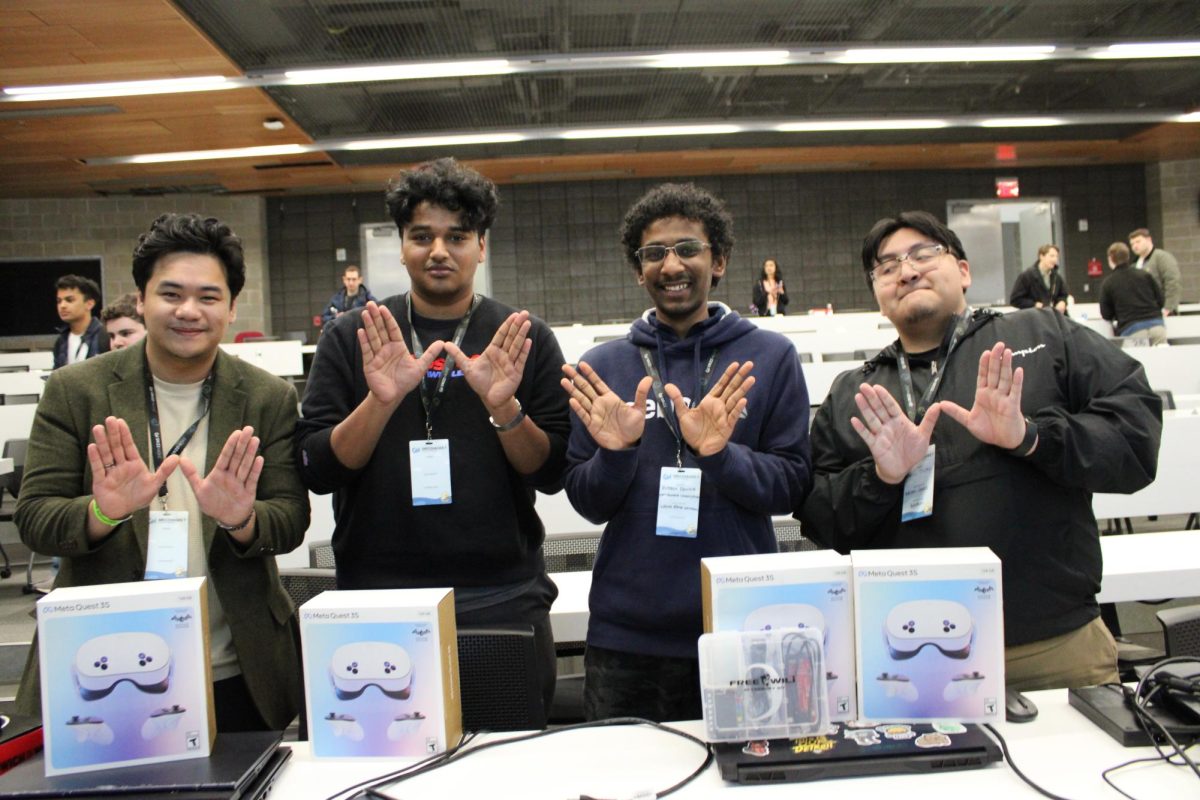
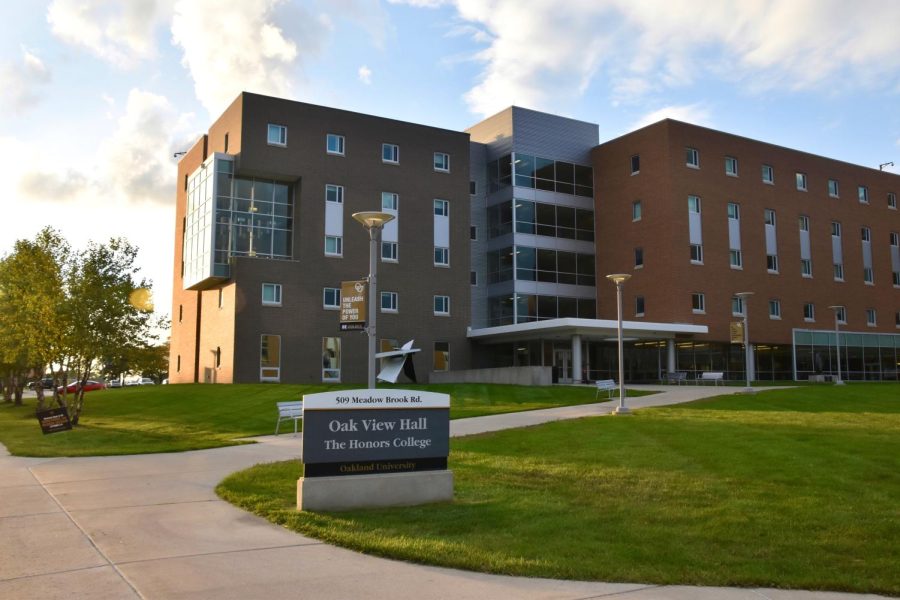
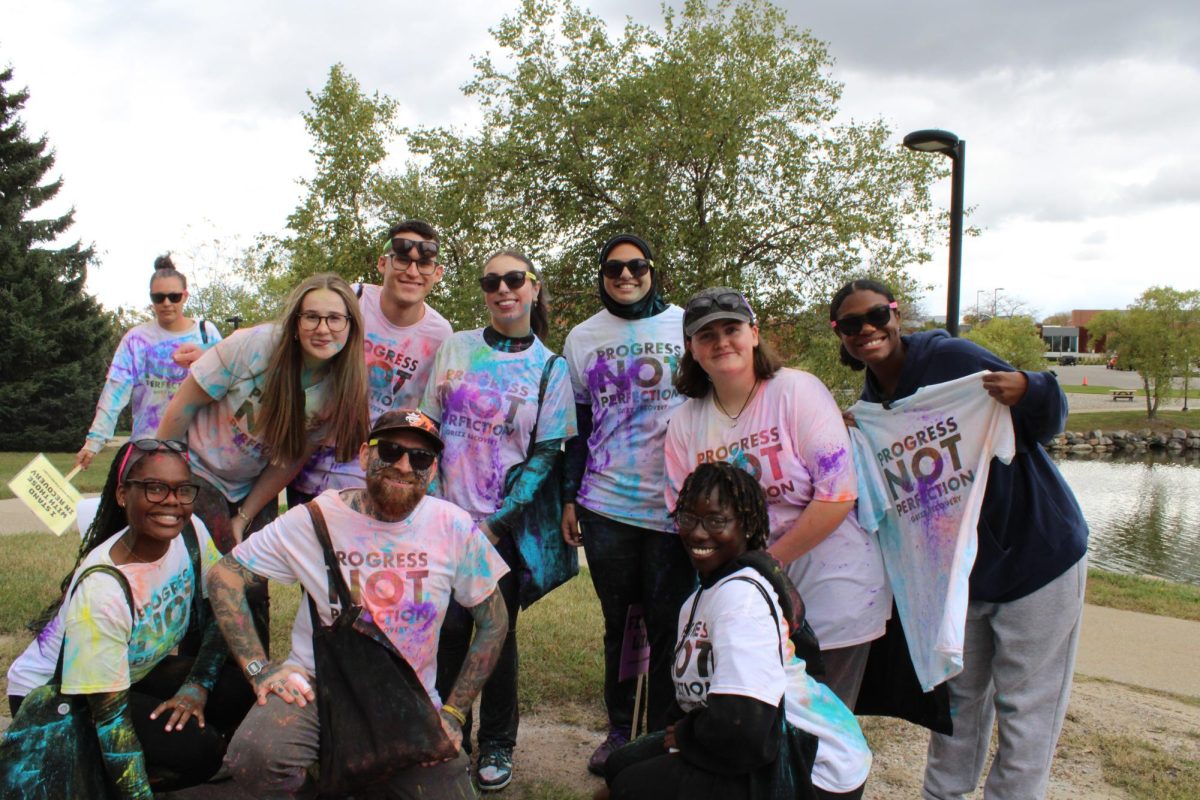
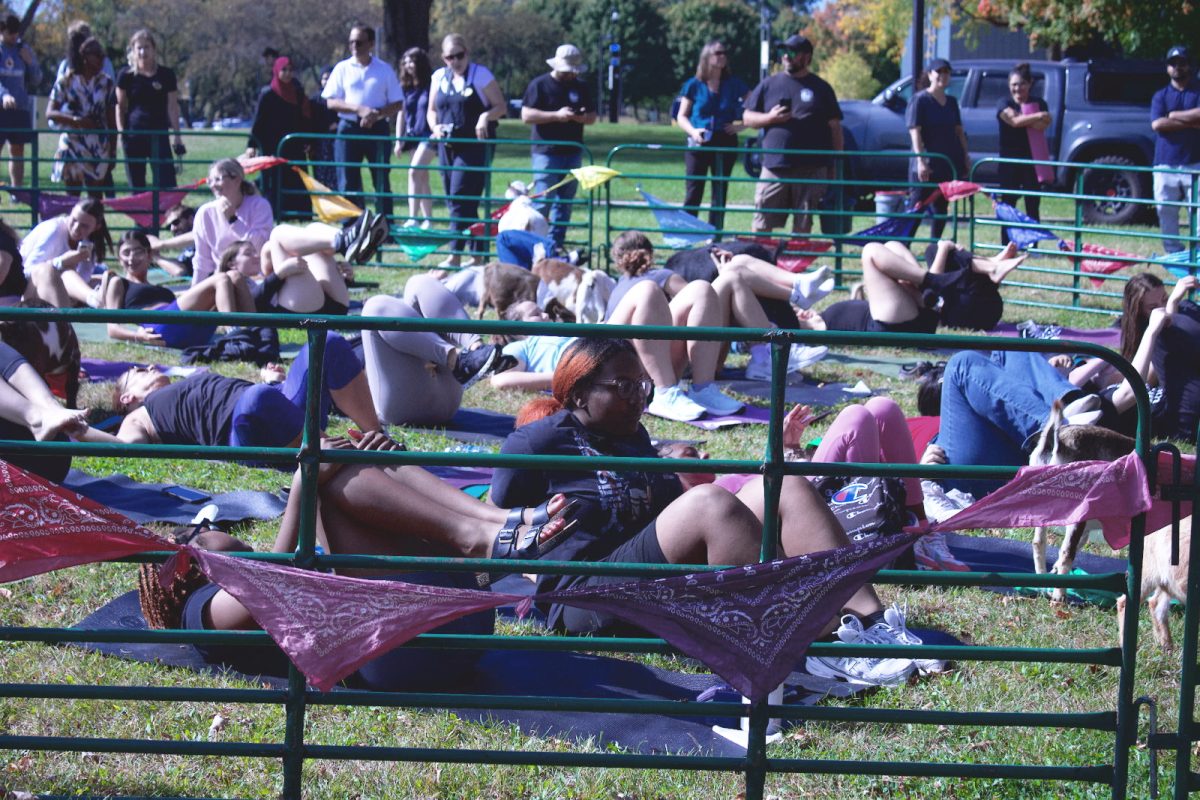
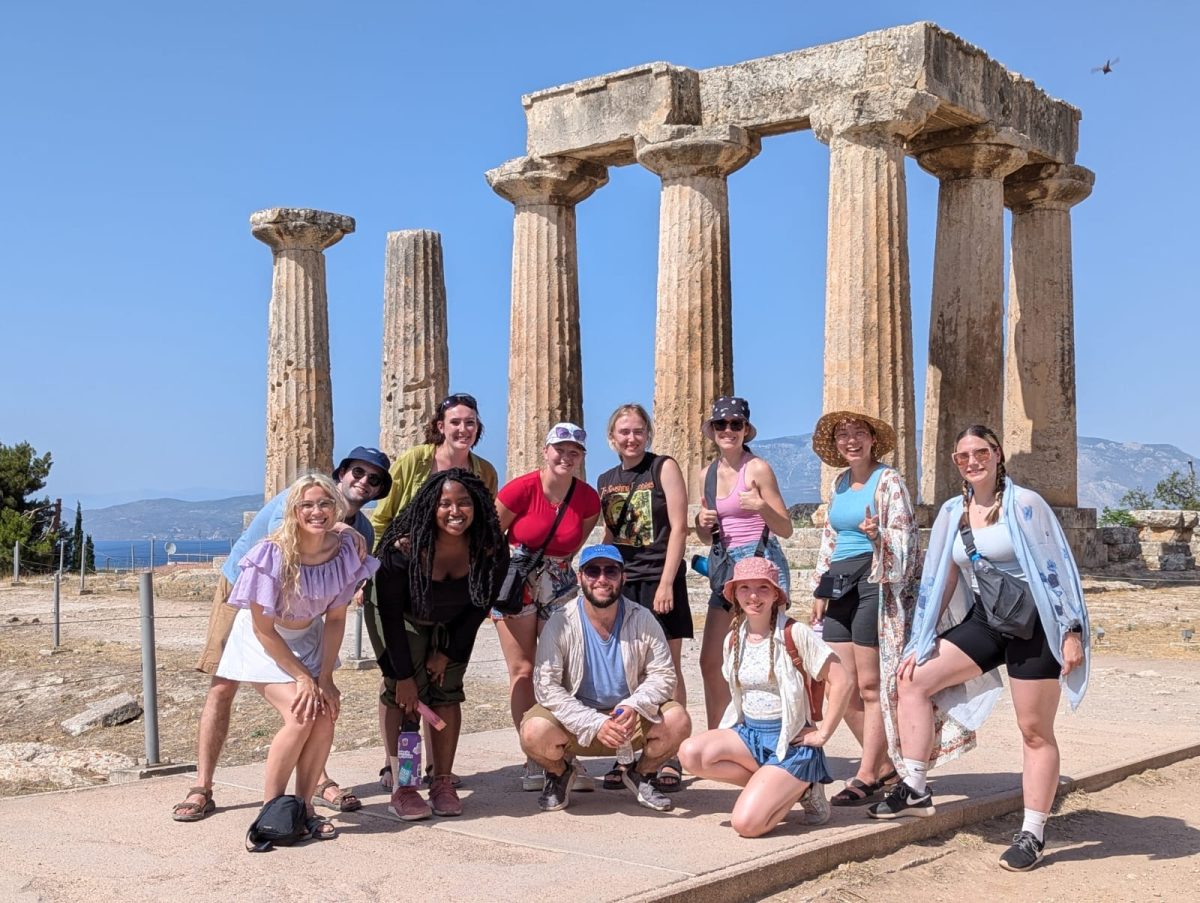

Zoey wiles • Apr 19, 2025 at 3:44 PM
Loved getting to take part in this, the name needs to be fixed tho!